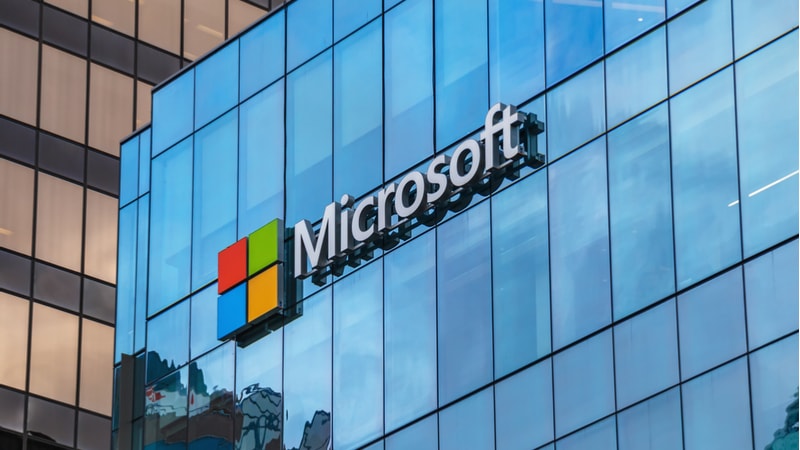
Microsoft released seven “privacy principles” for technologies developed for the COVID-19 pandemic, including the standard to delete data as soon as it is no longer needed for the emergency, and called for Federal privacy legislation.
“Addressing global problems of this magnitude understandably creates an urgent need for innovative uses of data to fight the pandemic, and we believe these measures must take privacy into account,” said two of the company’s vice presidents in a blog published Monday. “In the U.S., the need for this conversation in the midst of a pandemic underscores the urgency for a strong Federal privacy law.”
“Big companies are being more serious about [privacy],” said Michelle Richardson, director of the Data and Privacy Project at the Center for Democracy and Technology, during an online event held by The Brookings Institution Tuesday. Richardson submitted testimony on the topic to a Senate committee earlier this month.

“Hopefully, this gets Congress moving,” said Richardson on Tuesday. Corporate behavior has not aligned with public expectations the past couple years, said Richardson, and the companies “know they are under scrutiny.”
Two House members said earlier this month that they would be monitoring privacy concerns in the collaboration between Apple and Google to build a digital contact tracing tool.
Europe had a baseline of privacy legislation before the pandemic, said Richardson, “We might be better positioned if we had [Federal privacy] legislation.”
